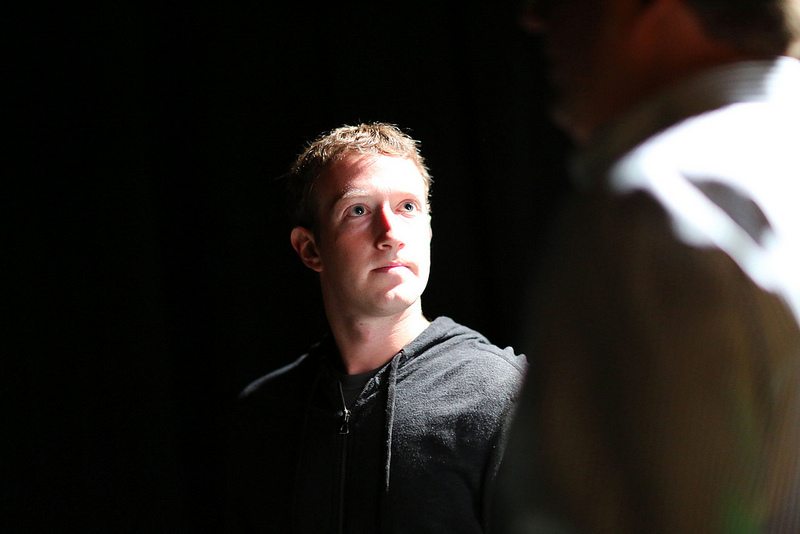Tech titan Mark Zuckerberg and wife Pricilla Chan pledged over $3 billion to cure, prevent, or manage all diseases by 2100. But as Linsey McGoey at The Guardian points out, there are all too many good reasons to temper the hype around Zuckerberg and Chan’s gift.
"Zuckerberg and Chan’s hearts might be in the right place. They may genuinely believe that their money is exceptional, that their pledged $3bn is imbued with some sort of entrepreneurial elixir that will magically transform the figure from what it represents in reality – less than 1% of the US government’s budget for health research – to what they proclaim their money will do: render disease obsolete by 2100.
But there are justifiable reasons to treat their proclamations with scepticism. Not from a place of resentment or a Scrooge-like dislike of charity, but because the refusal to examine the plausibility of their claims risks a disservice to the millions whose charitable donations amount to a sum that is far greater than what US tech billionaires contribute.
.... The biggest change in philanthropy has been the emergence of something that the sociologist Darren Thiel and I term “rich-to-rich giving”. Increasingly, philanthropists such as Bill and Melinda Gates are choosing to offer massive, non-repayable charitable grants to some of the world’s wealthiest corporations, driven by the assumption that enriching already rich companies will lead to trickle-down benefits for the poor.
Scholastic, Mastercard, Sanofi – these are just three companies picked at random from the Gates Foundation’s public registers of grants disbursed over its 16-year existence. In Scholastic’s case, the Gates Foundation offered millions to the company, positioning it to profit handsomely from providing educational materials to high schools; when it comes to Mastercard, the money is aimed at helping the credit card company to expand its business operations in Nairobi; in Sanofi’s case, on medical research towards underfunded diseases." - Linsey McGoey at The Guardian
Photo credit: TechCrunch via Visual Hunt / CC BY





